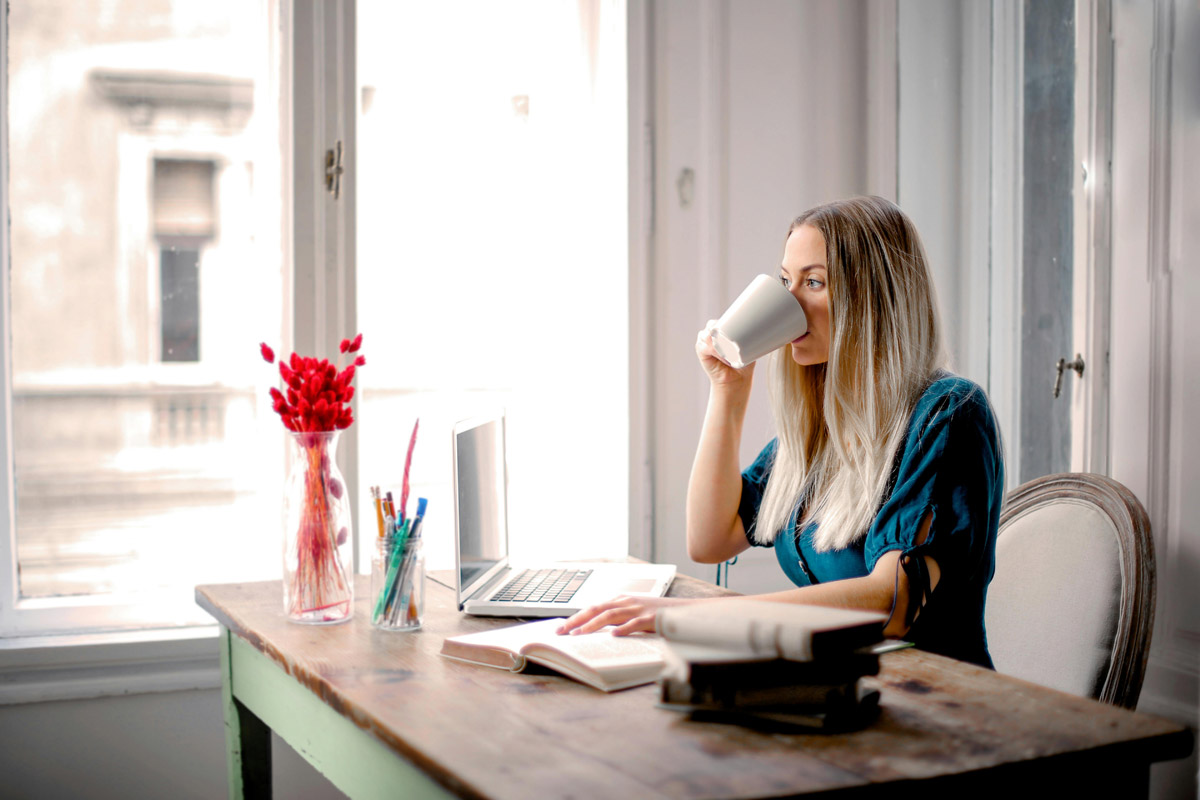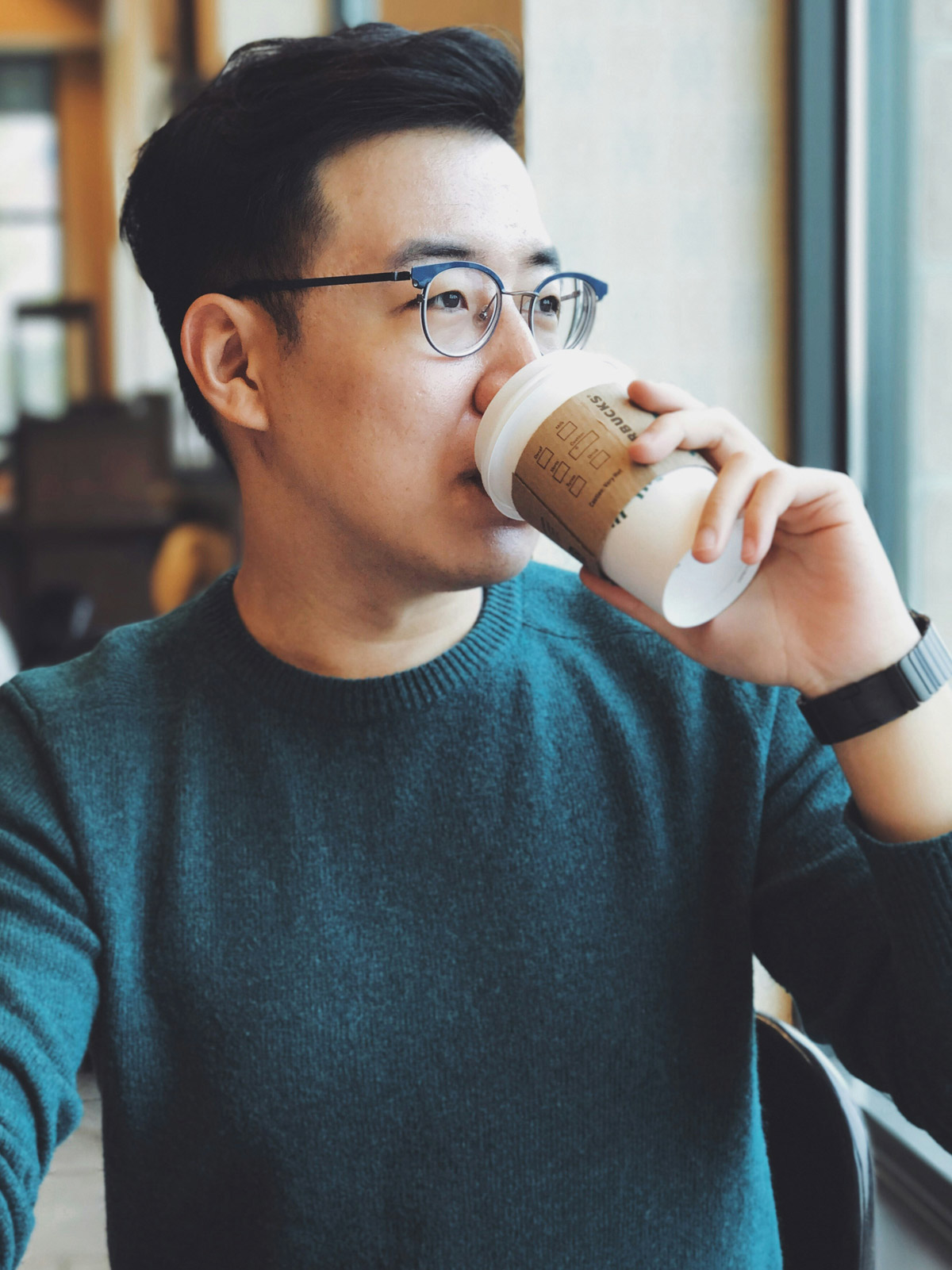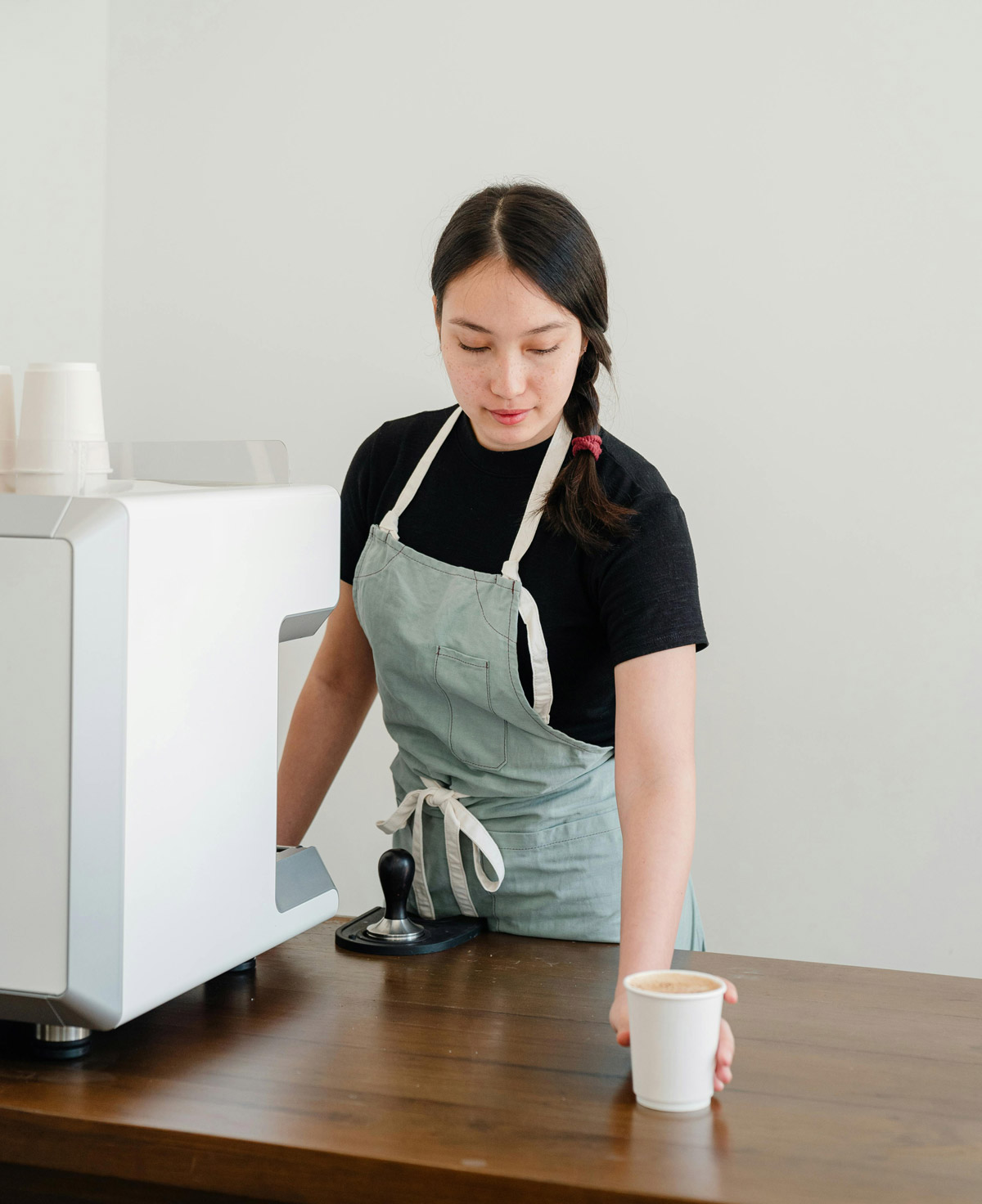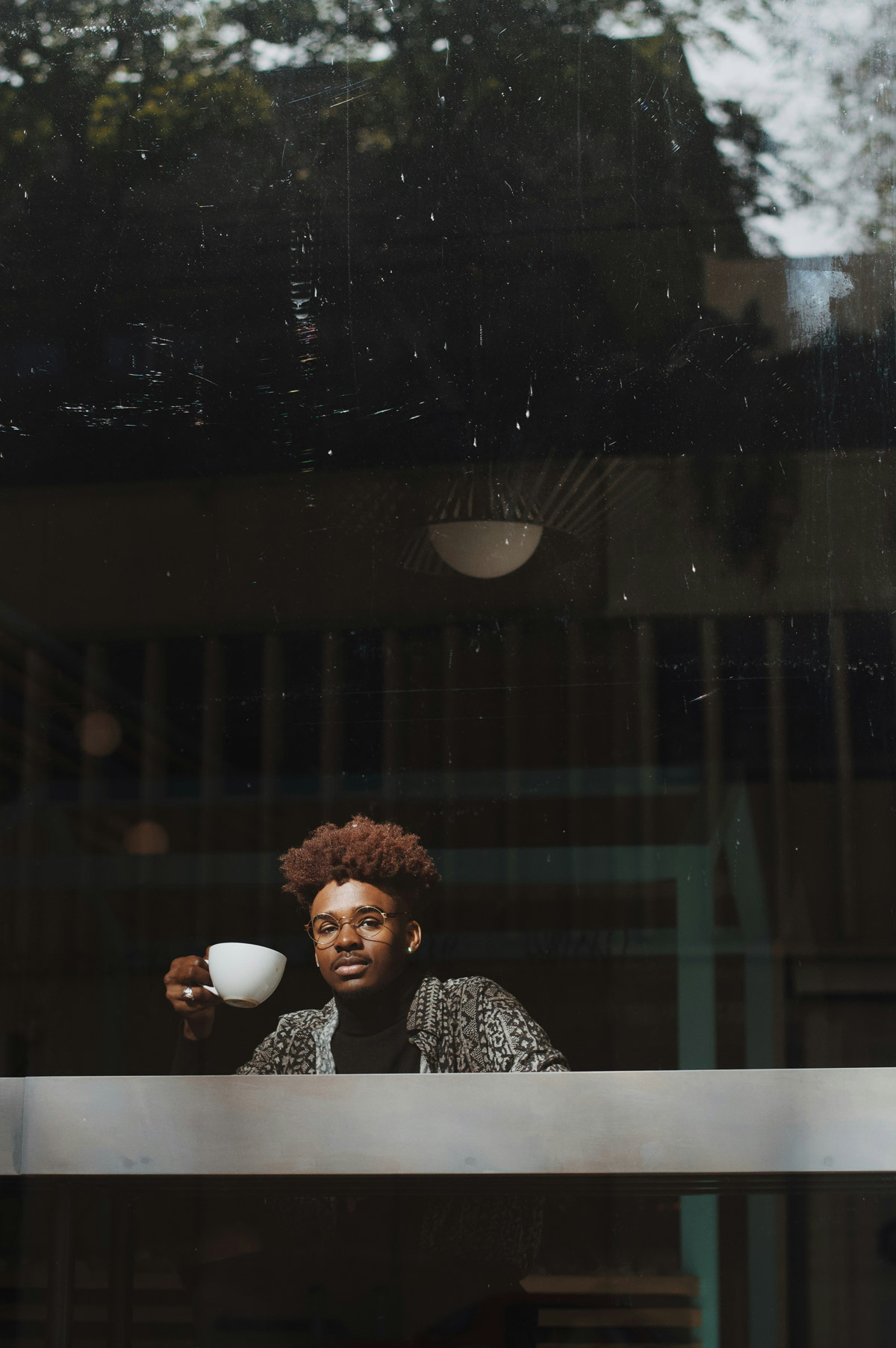ARTICLE AD

Back in February we talked about a new study that recommended reducing your coffee intake for one week out of every month. The science indicated that our bodies need a minimum of seven days to recalibrate caffeine tolerance. I indicated that they could pry my iced coffee from my cold, dead hands. (Also in that discussion I outed myself as the could’ve-been Dunkin’ Donuts heiress. It still hurts.) Now people are pondering whether you should wait an hour or two after waking up before drinking coffee in the morning. To which I’m pondering, how do you wake up in the first place without the coffee? Experts spoke to the New York Times to weigh in on the pros (coffee!) and cons (no coffee!) to delaying your first cup:
Better latte than never?
With some TikTokers blaming their mid-afternoon energy crashes on drinking coffee first thing in the morning, researchers are spilling the beans on the pros and cons of delaying your caffeine intake.
“Everyone responds to caffeine differently,” Marilyn Cornelis, a caffeine researcher at the Northwestern University Feinberg School of Medicine, told the New York Times Wednesday.
Caffeine can make it more difficult to fall asleep — and stay asleep — as it competes with adenosine, a naturally occurring chemical in the body that promotes drowsiness.
Michael Grandner, the director of the sleep and health research program at the University of Arizona, told the Times it takes about 20 to 30 minutes to feel the effects of caffeine after it’s absorbed into your bloodstream.
Genetics play a role in how long caffeine keeps you alert, Cornelis said — some only need one java to last them the day, while others are jonesing just hours later.
Grandner said he typically waits 30 to 60 minutes after waking up to savor his first cup.
The idea is that since adenosine builds throughout the day, downing coffee first thing in the morning would give you “less bang for your buck” because your adenosine levels are at their lowest.
Dr. Deborah Lee, the sleep expert for the UK furniture maker Get Laid Beds, also advises preparing your first cup 45 minutes or later after rising.
“The cortisol [stress] hormone follows a rhythm specific to your own sleeping cycle,” Lee told the Mirror in February. “Elevated levels of cortisol may impact your immune system, and if they’re already at its peak when waking up, drinking coffee as soon as your eyes open may do more harm than good, and may even make you immune to caffeine over a long period of time.”
But Allison Brager, a neurobiologist for the US Army, told the Times that research has shown that regular caffeine consumption has little effect on morning cortisol levels.
Brager said a morning coffee may still help workers and exercisers stay focused, while delaying it may extend the effects of caffeine into the early afternoon.
But don’t wait too long to drink it — Grandner and Lee advise finishing your last cup at least six hours before bedtime to have a restful sleep.
Why is the world trying to curb my our coffee consumption this year?! Is this some plot secretly hatched by AI to hasten humanity’s downfall? If you think my cortisol/stress levels are high before my morning coffee… So no, I’m not gonna wait two hours to take those first sweet sips of the magic elixir — particularly on days when I’m expected to function in front of other people at the office. Nor will I blame an afternoon slump on my having imbibed the coffee too early in the day. Why? Because I know my energy crashes are the results of overeating at lunch, thankyouverymuch.
But if you still want a level-headed account of the science as opposed to my emotionally-charged visceral response, I do recommend the original NY Times piece. It explains the basic premise a bit more fully: since adenosine, the chemical that makes us drowsy, increases in production as the day goes on (purportedly; I’d wager it’s just a steady drip in my body and will gladly submit to testing to confirm my hypothesis), why begin drinking the invigorating caffeine when the adenosine levels are still low? The overall takeaway from the article, though, definitely pointed to everyone is different, figure out what works for you. I have, and it’s COFFEE. (What problem? I don’t have a problem!)
Photos credit: Olly, Sung Wang and Cassandra Hamer on Unsplash, Ketut Subiyanto on Pexels

 7 months ago
19
7 months ago
19 




